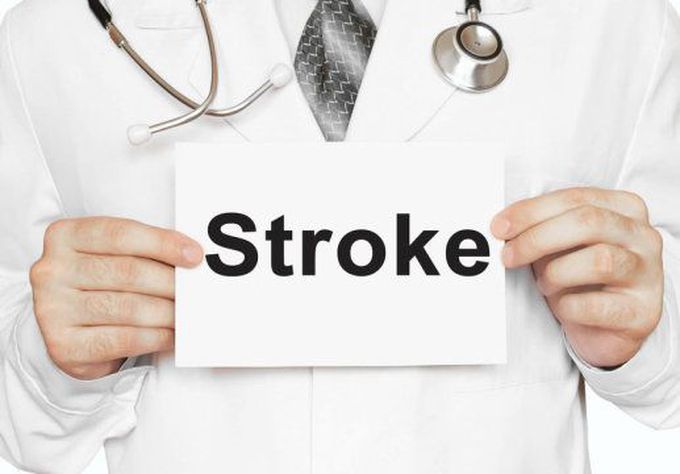


Stroke Risk Increases for 3 Months, Not 1, After MI
Unexpected Findings The investigators identified 1,746,476 eligible beneficiaries aged 66 years and older for whom data regarding acute MI and ischemic stroke were available. The data were derived using International Classification of Diseases, Ninth Revision, Clinical Modificationcodes. Patients who had had strokes while being hospitalized for acute MI were excluded. Of the beneficiaries, 46,182 patients were hospitalized for acute MI, and 80,466 were hospitalized for ischemic stroke. After adjusting for factors that included stroke risk, demographics, and Charlson comorbidities, the greatest risk for ischemic stroke was found to occur during the first 4 weeks following discharge for MI hospitalization (hazard ratio [HR], 2.7; 95% confidence interval [CI], 2.3 - 3.2). However, the risk remained elevated during weeks 5 through 8 (HR, 2.0; 95% CI, 1.6 - 2.4) and continued to be elevated during weeks 9 through 12 (HR, 1.6; 95% CI, 1.3 - 2.0) before dropping off. In a subanalysis of patients with ST segment—elevation MI (STEMI) vs non-STEMI (NSTEMI), both groups were found to be at heightened risk for stroke for 3 months post MI. Because the American Heart Association's evidence-based guidelines suggest that the risk for stroke is heightened for a month after a heart attack, Merkler said the study's findings were unexpected. "Since for years we have considered MI to be a risk for stroke for only 1 month, the extended period was quite a surprise," Merkler said. Several factors, including the damage to the heart from MI, may explain the extended risk, he speculated. "We believe that myocardial infarction leads to impaired heart function," he explained. "When the heart's function is impaired, blood starts to clot, and these clots can be sent to all organs in the body, including the brain, which leads to stroke. Thus, it seems to make sense that there is an elevated risk of stroke after myocardial infarction," he said. "Currently, we have not performed subgroup analyses. That can be the subject of a future project," he added. In the meantime, "Clinicians should be aware of the prolonged heightened risk of stroke after myocardial infarction; and hopefully, these results will also change stroke etiological classification systems and clinical trial criteria," Merkler said. Shared Risk Factors Key? The study suggests that clinicians may want to keep MI in mind as a possible cause of stroke for longer than they currently do — with some caveats, Rebecca F. Gottesman, MD, PhD, professor of neurology, Johns Hopkins University, Baltimore, Maryland, told Medscape Medical News. "The study's finding that the risk of stroke may go on longer than we previously thought is important to consider," Gottesman said. A possible explanation for the association between MI and stroke is that the two share many common risk factors, she noted. "The findings raise the question of whether this is simply a phenomenon of the risk factors that may have led to the heart attack still being high after the heart attack. The authors tried to adjust for that, but it was an observational study, so you can't fully account for that possible confounding," she said. "Certainly, I think we need to further evaluate this issue to understand how long the stroke risk goes on and look at whether it is associated with the heart injury itself or something else related to the recovery period after a heart attack, such as medication or something about the recovery," Gottesman said

